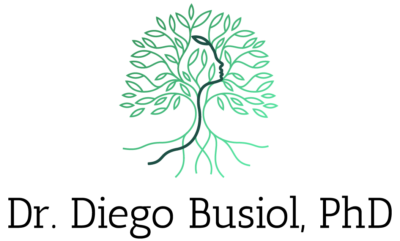Finding Mental Well-being in Hong Kong: A Psychoanalytic Approach to Modern Challenges
The relentless pace of life in Hong Kong can take a toll. If you're struggling with anxiety, depression, relationship issues, or simply a sense of unease, psychoanalysis can help you understand the underlying causes and rediscovering a sense of well-being.
In psychoanalysis, we don't focus solely on symptoms because the same symptom can have profoundly different causes and meanings for different people. Simply stating "I have this" doesn't capture the complexity of the underlying issues.
As a psychoanalyst, I specialize in listening to the unconscious and aim to understand each person's lived experience. My work focuses on helping individuals understand the meaning their symptoms or distress holds for them, tracing the causes and sense within their personal history. By working together to uncover these connections, we can develop new ways of responding to the underlying issues that have manifested as symptoms, allowing for the possibility of those symptoms diminishing or disappearing.
Because every person has a unique story, every case is unique and doesn't fit neatly into predefined categories. For the sake of providing some points of reference, I've listed some common challenges I address in my practice. However, this list is not exhaustive and does not limit the scope of my work:

Panic Attacks
When the pressure for control and the need to be up to the task become unbearable, breath becomes short, the heart races, and the mind seems to fall into chaos.
Anxiety
A constant worry, a perpetual sense of alert, the fear of imminent danger. Anxiety feeds on the doubt of what others expect from us, and the difficulty of expressing our true desires.


Depression
A deep sadness, a sense of emptiness, the loss of interest in life, isolation, and withdrawal from the world. Changes in sleep and appetite, guilt, and inadequacy accompany this silent pain, which manifests itself in different forms depending on each person's experience.
Bipolar Disorder
An oscillation between the euphoria and hyperactivity of mania, often experienced as an explosion of energy and creativity, and the deep sadness and apathy of depression. These mood swings can lead to impulsive and harmful behaviors.
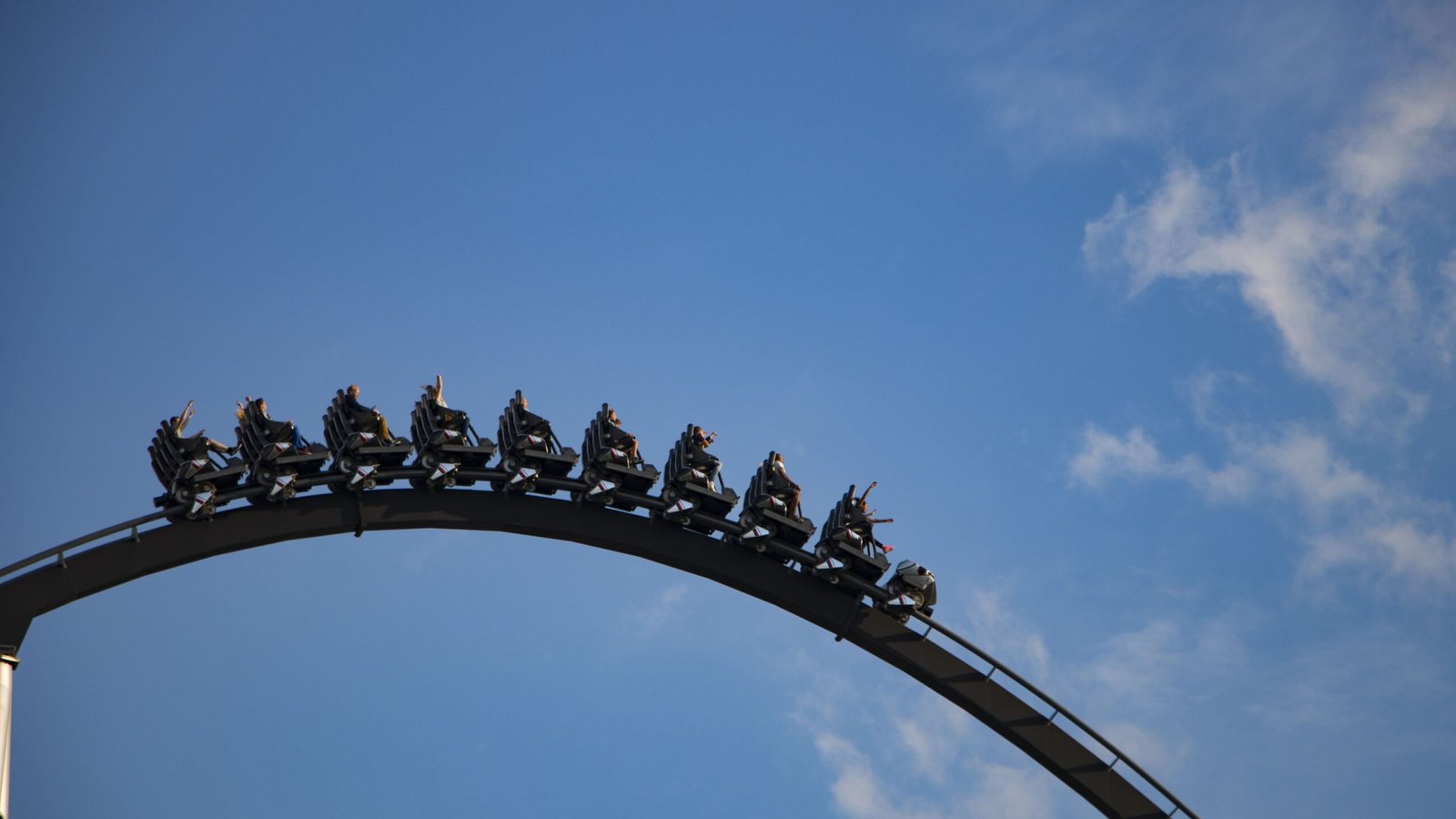
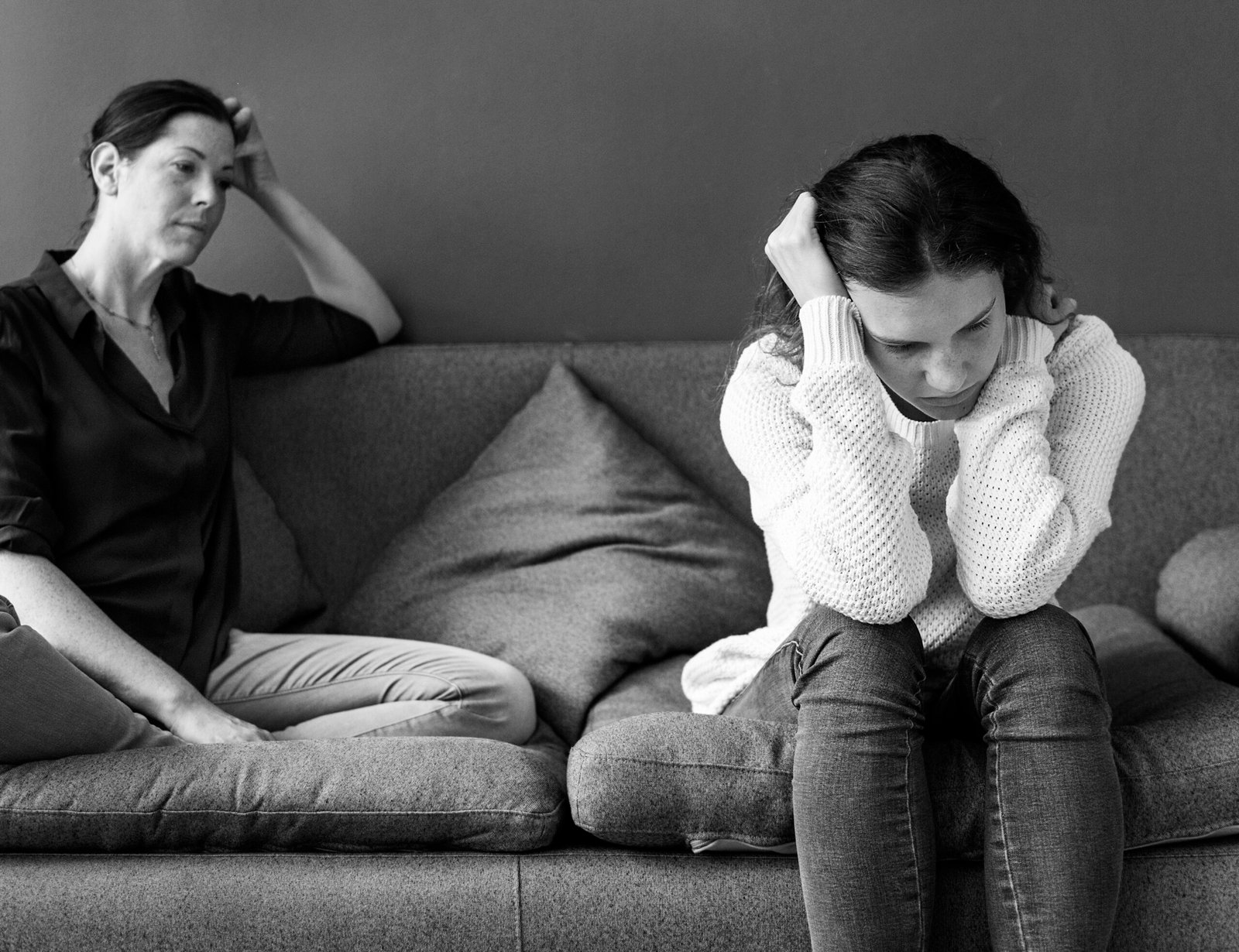
Eating Disorders
Food becomes a means of controlling anguish, emotional dependence, and fear of abandonment. The relationship with food turns into a struggle, losing its nutritional and emotional value.
Addictions
Intense and problematic bonds with substances, behaviors, or relationships, which interfere with daily life and well-being. Often, addictions arise from the attempt to numb anxiety, inner emptiness, or painful emotional wounds.


Relationship Issues
Envy, jealousy, and rivalry can undermine relationships with others (friends, partners, family members, colleagues), creating tensions and conflicts that prevent the building of authentic and fulfilling bonds.
Psychosomatic Issues
The body expresses emotional distress through physical symptoms, such as headaches, muscle aches, digestive problems, sleep or skin disorders, which have no organic cause. Listening to these signals is essential to understanding and addressing the underlying psychological distress.

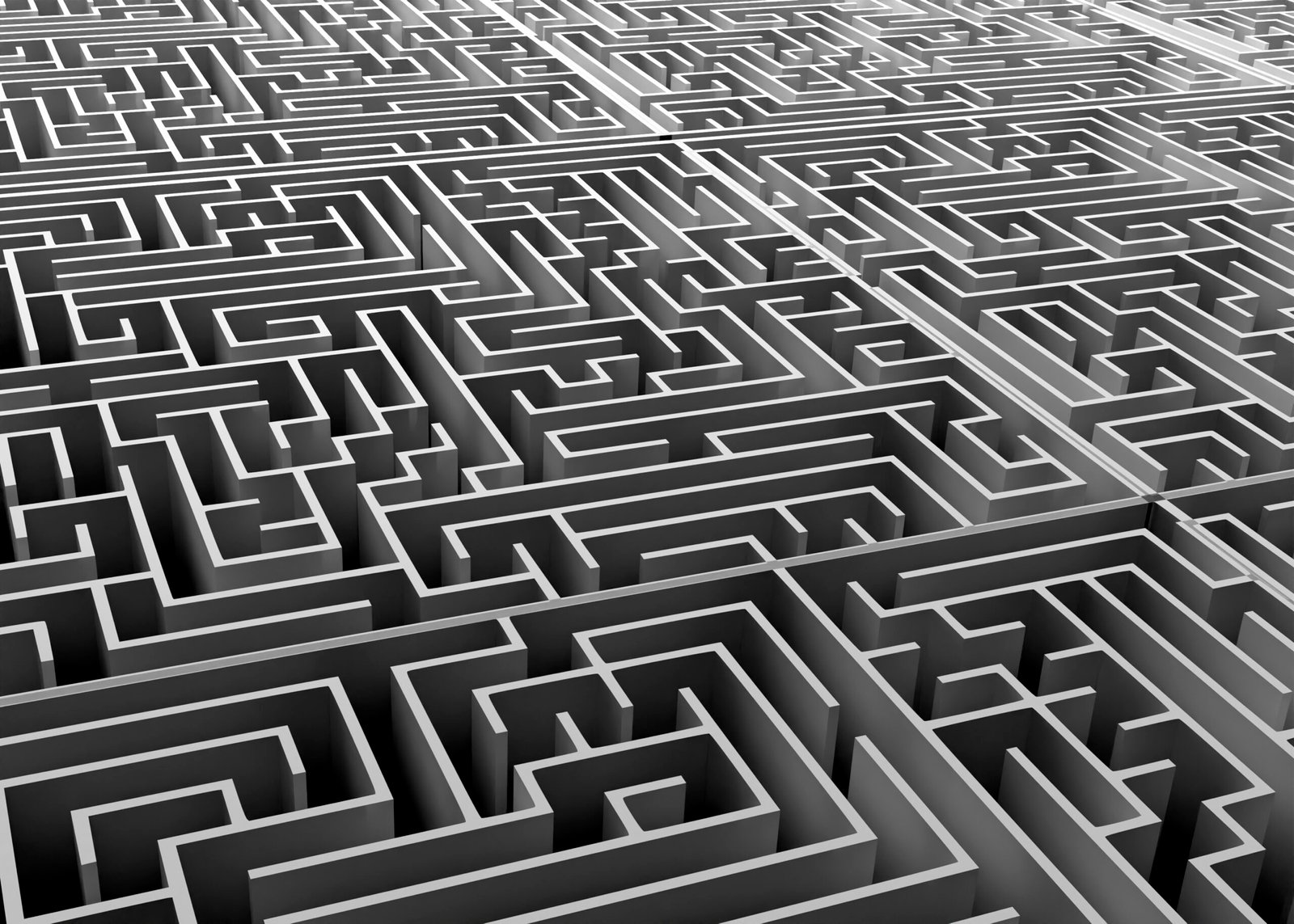
Obsessions
The need for control and the fear of uncertainty can manifest as obsessions, rituals, and rigid behaviors. This search for "rightness" at all costs can translate into fixed ideas, convictions that become a cage, limiting life and relationships.
Sexual Concerns
Difficulties with intimacy, such as erectile dysfunction, premature ejaculation, frigidity, and vaginismus, can be a reflection of a deeper psychological discomfort, linked to unconscious conflicts, traumatic experiences, or relationship difficulties.
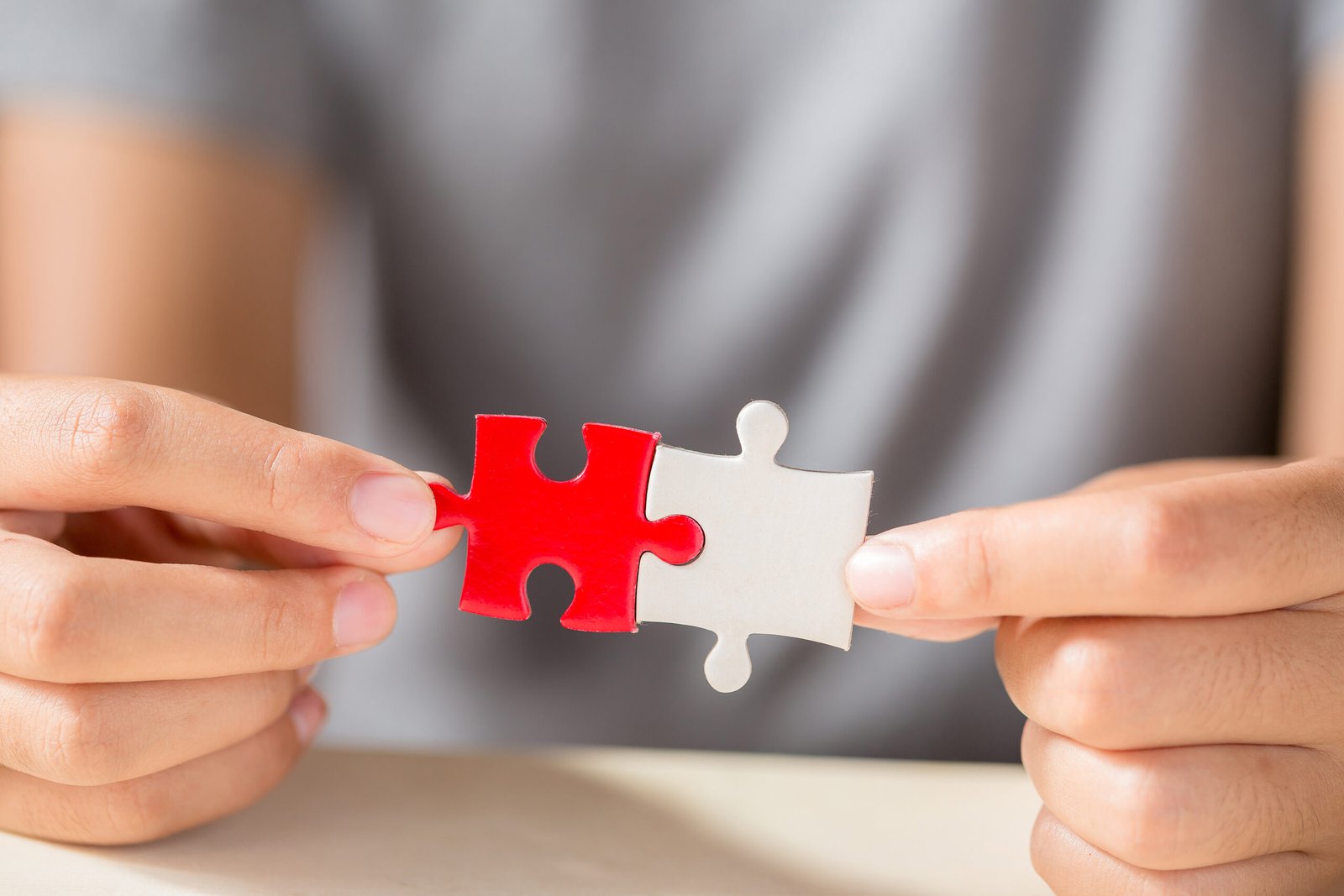
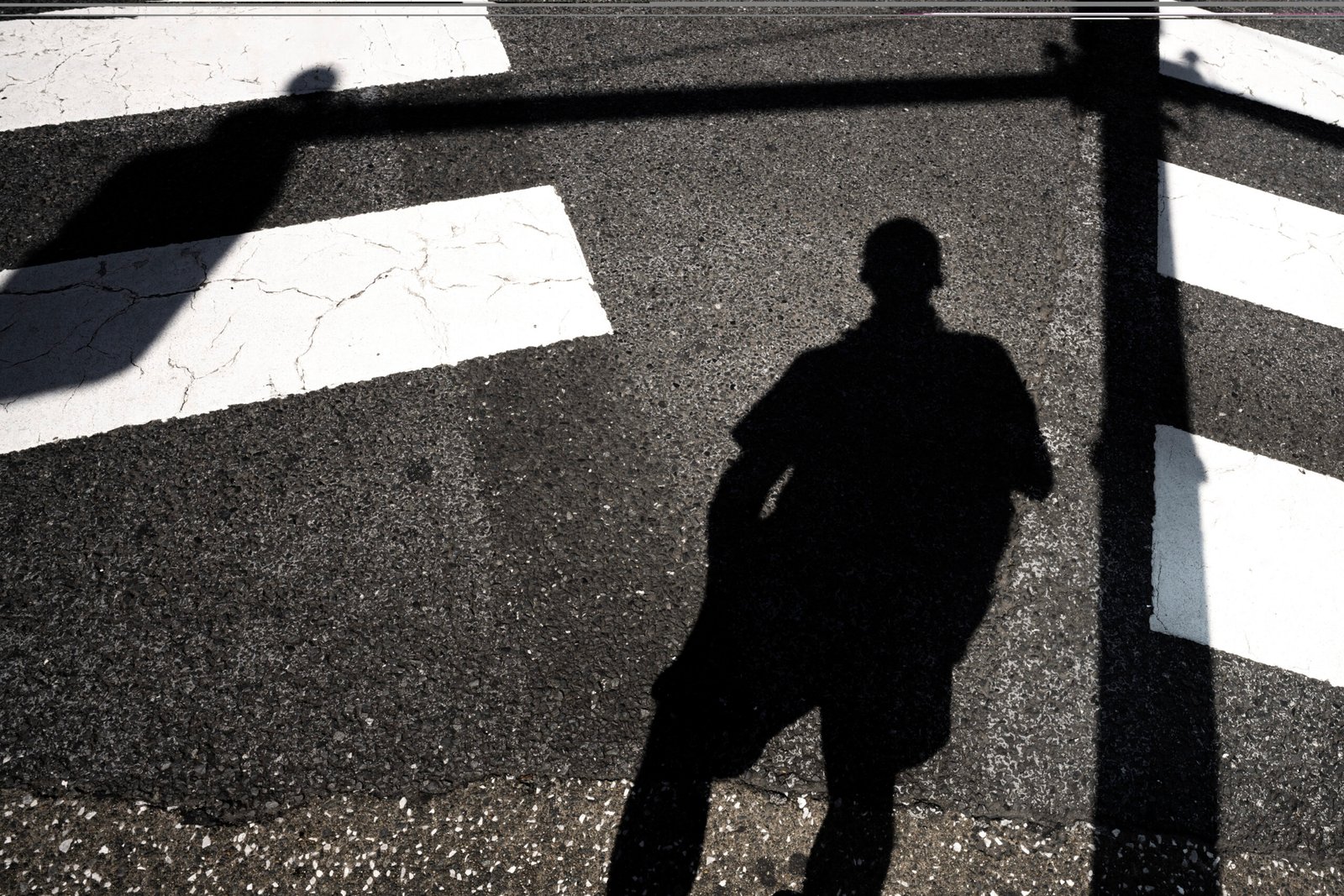
Imposter Syndrome
Despite the successes achieved, a feeling of inadequacy persists, the fear of being "unmasked." Shame and confusion accompany this inner conflict, between the image projected to the world and the perception of oneself.
Anger
Frustration, injustice, difficulty managing intense emotions can lead to outbursts of anger or more subtle forms of aggression, often used as a defense against a deep vulnerability.


Loss of Direction
Loss, existential emptiness, the difficulty in finding one's purpose. In the frenetic context of Hong Kong, this condition can be amplified, making it even more difficult to connect with one's desires and values.
Low Self-Esteem
Social pressure for perfection and success can erode self-esteem, fueling a sense of inadequacy and dependence on external approval.
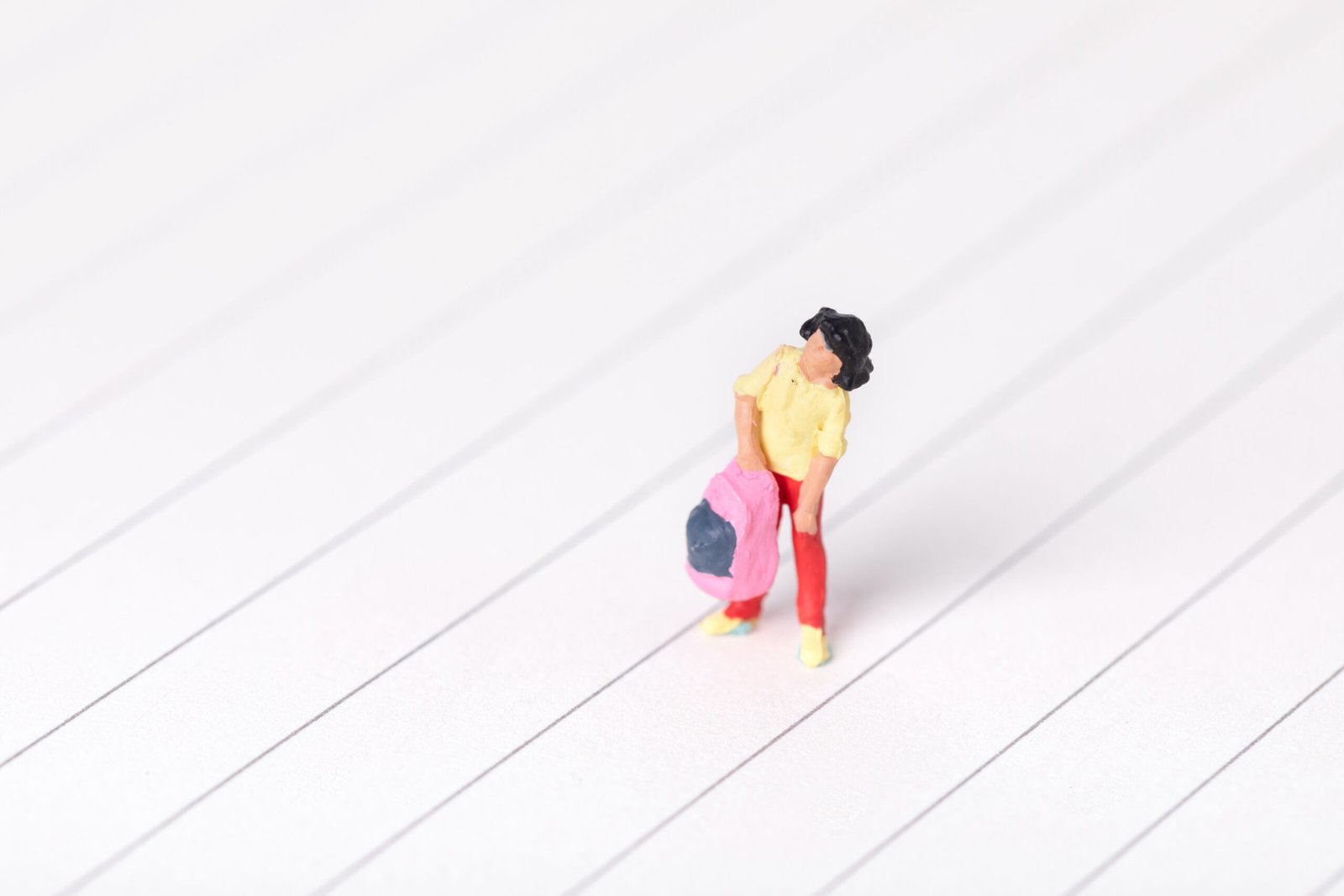
If you're struggling with any of these, or other challenges, and are curious about how psychoanalysis can support you, please contact me for a consultation. Together, we can embark on a process of self-discovery and transformation.
